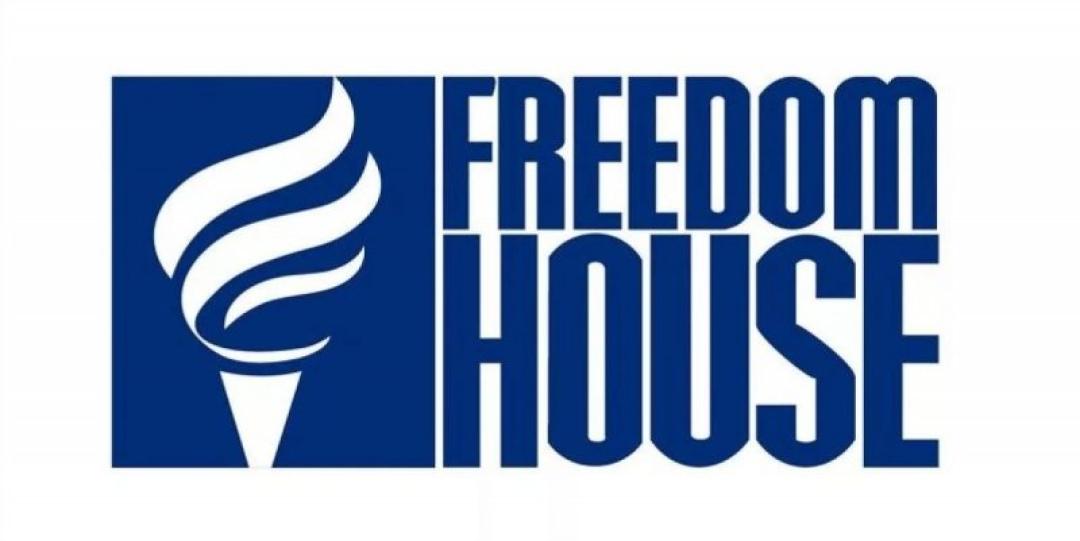
South Caucasus countries in Freedom House’s democracy index

On 6 May, the US-based NGO “Freedom House“ published their report entitled “Enhancing Democracy and Freedom: Transitional States” which analyzed 29 countries in terms of the development of democratic institutions within them.
The report outlined that authoritarian political leaders have stopped hiding behind a facade of nominal compliance and started openly attacking democratic institutions and attempting to do away with any remaining checks on their power. In the region stretching from Central Europe to Central Asia, this shift has accelerated assaults on judicial independence, threats against civil society and the media, the manipulation of electoral frameworks and the hollowing out of parliaments, which no longer fulfil their role as centers of political debate and oversight of the executive.
“These developments have contributed to a stunning democratic breakdown in the 29 covered countries. There are fewer democracies in the region today than at any point since the annual report was launched in 1995. The erosion has left citizens especially vulnerable to further rights abuses and power grabs associated with the coronavirus pandemic,” the report especially emphasized.
The report used 7 indicators in order to measure the level of democracy in each of the countries. The indicators were: 1) national democratic governance, 2) electoral process, 3) civil society, 4) independent media, 5) local democratic governance, 6) judicial framework and independence, and 7) corruption combat. Countries were rated on a scale of 1 to 7, with 1 representing the lowest and 7 the highest level of democratic progress. The average of these ratings is each country’s Democracy Score. The Democracy Percentage is the translation of the Democracy Score to the 0–100 scale.
Writing on the progress in the South Caucasus countries, Armenia and Azerbaijan notified progress in their democracy scores in comparison to the year 2019, while Georgia’s ratings have declined. Armenia’s democracy score was 3.0, with 33% of the democracy percentage. According to the report, Armenia made progress in the fields of electoral process and combating corruption. The country was classified as a transitional or hybrid regime, which are electoral democracies where democratic institutions are fragile, and substantial challenges to the protection of political rights and civil liberties exist.
Azerbaijan’s democracy score was 1.14, with 2% of the democracy percentage. Azerbaijan made progress in the fields of electoral process and civil society. Nonetheless, the country still remained classified as a consolidated authoritarian regime, which are categorized as dictatorships which prevent political competition and pluralism and are responsible for widespread violations of basic political, civil, and human rights.
Georgia’s democracy score was 3.25, with 38% of the democracy percentage. A regress in the field of judicial framework and independence was reported, while all the other parameters remained unchanged. The country was classified as a hybrid regime.
Estonia, Slovenia and Latvia had the highest score from all the analyzed countries, while Turkmenistan, Uzbekistan and Azerbaijan had the lowest.
See Also


Armenia Records 5.9% GDP Growth in 2024, Missing 7% Goal

Yerevan Balances Strategic Ties with Both US and Russia, Says Foreign Minister

FM Mirzoyan: Peace Deal with Azerbaijan Is Within Reach

Pashinyan and Erdogan Hold Call, Reaffirm Commitment to Ongoing Dialogue

